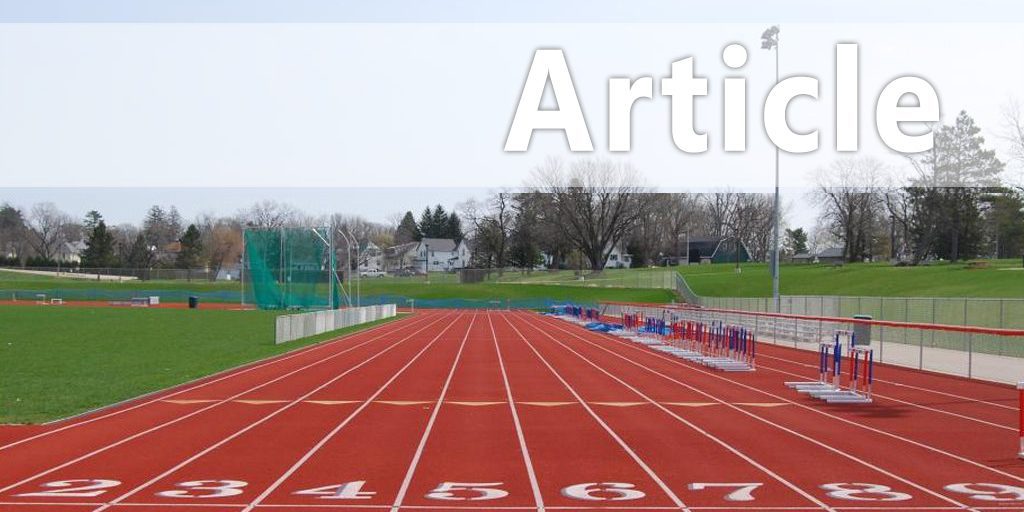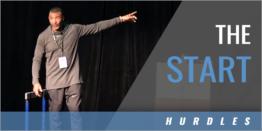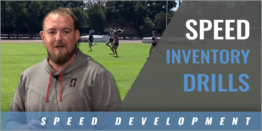|
Fundamentals of Scholastic Coaching by Wayne Clark - Member at Large, USTFCCCA Board of Directors Originally Published in Techniques Magazine - Official Publication of the USTFCCCA www.ustfccca.org
SCHOLASTIC COACH IS A TEACHER FIRST. I have been "in the game" for many years. When I began my coaching career, you had to be a certified teacher in the school district in which you were hired as a prerequisite to coaching in that district. Revised certification and licensure mandates from all government entities have made being a scholastic teacher/coach a difficult vocation to maintain. Likewise, today, coaching standards are continually altered, amplifying the demand to fill increased coaching vacancies. Across our country many scholastic coaches are now "community coaches" who are not degreed educators, but they must be "teachers," as well. As the requirements needed to update educator's credentials become more challenging, we continue to lose qualified candidates and seasoned coaches from the scholastic domain. This places a burden on athletic directors to find competent people to mentor Track & Field and Cross Country programs. Unfortunately, the easy way out for them may be to eliminate the competitive season. It is our duty to be advocates of these coaching opportunities and demand better cooperation from our athletic administrators. The United States is one of the few countries in the world that teaches athletics through an educational setting. Most countries' athletic programs are club based with little or no involvement with their schools. Since the mid-1800s, the United States has taken an educational approach to athletics. Athletics, in itself, is not necessarily meant to be educational, but a means through which social precedents have been met. Some of the more significant educational concerns which scholastic sports have historically addressed are: EDUCATION SOCIALIZATION HEALTH No matter what our background, becoming a scholastic Track & Field and/or Cross Country coach responsibly obliges us as educational leaders to help determine our students' futures. The students on our team look to us as one of the focal points in their lives. It behooves us to be good role models. We can achieve this standard by actively taking part in organizations like the USTFCCCA, and our state, and local Track & Field coaching associations. We should embrace a desire to cultivate our professionalism. Being so-called "non revenue," it remains our obligation to promote track & field and cross country. Four "stakeholders" we need to involve in our campaign are: • Students • Parents • Other Sport Coaches • School Faculty/Staff I'm sure there are many scholastic coaches who can collaboratively share more ideas concerning some of the bullet points in this article. A terrific forum for advancing your insights in the promotion of Track & Field and Cross Country is the USTFCCCA National Convention at the JW Marriott San Antonio Hill Country Resort & Spa, December 13-16. We encourage your attendance and involvement in the Association. *Concepts and ideas from this article have been extrapolated from the National Federation of State High School Associations' "Fundamentals of Coaching." Wayne Clark serves on the USTFCCCA Board of Directors and is the Clinic Chair of the Ohio Association of Track and Cross Country Coaches. He can be reached at wclark002@columbus.rr.com. |
|
|







